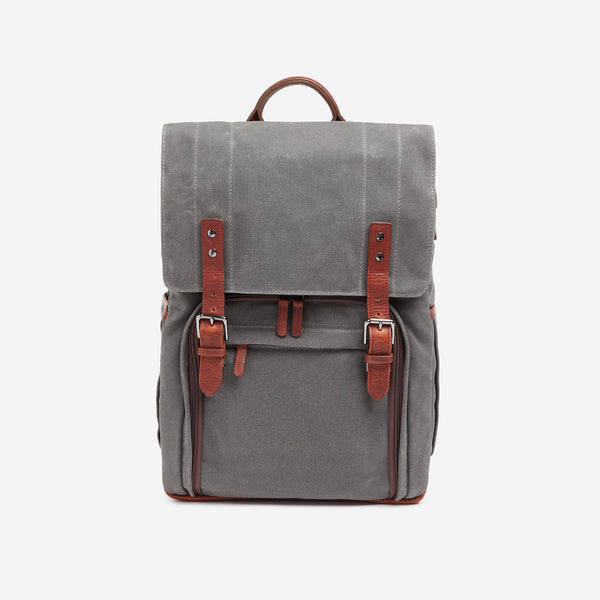The ONA team first discovered Kings County Distillery's bourbon whiskey several years ago. As a New York City-based company ourselves, we were intrigued to hear that KCD was the first whiskey distillery to set up shop in NYC since Prohibition and knew we had to give them a try. (And yes, it was quite delicious.)
Founded in 2010, Kings County is the brainchild of David Haskell, a magazine editor, and Colin Spoelman, a Yale-educated former architect whose roots lie in Kentucky -- the heart of bourbon country. It should come as no surprise, then, that KCD's bourbon whiskey was recently named the #2 craft bourbon by The New York Times' Eric Asimov.
Recently, ONA paid a visit to the 115-year old Paymaster Building in the Brooklyn Navy Yard, where Kings County Distillery is headquartered, to chat with co-founder and Master Distiller Colin Spoelman. In today's Founder Profile, you'll hear about the inspiration behind KCD, how Colin got his start in the world of distilling, and more.
Colin carries the Leather Kingston briefcase in walnut.
ONA: Tell us about what inspired you to start Kings County Distillery.
CS: I grew up in Kentucky, a state that's well known for both moonshine and bourbon. I'm not really a city person at heart, even though I ended up in NYC. So making whiskey was a way to connect back to Kentucky and where I was from, though turning that interest into a business was a much longer process. Making distilled spirits at home is illegal, the only way to do it and stay on the right side of the law is to open a commercial distillery. Initially, that was the idea -- find a way to make whiskey legally, but at a small scale, but it has now grown into a full fledged craft distillery -- something that didn't really exist 10 years ago when I was distilling on my own.

ONA: What does it mean to you to be a “creative professional”?
CS: A distillery is a bit like a lemonade stand, in the sense that you buy a few simple ingredients, turn them into something else, and hopefully sell it at a price that makes the making worthwhile. So there is maybe less creativity than it would seem. But the fun of it is how to make it creative; how do you take running a factory and make it historical, interactive, aesthetic, cultural? People enjoy drinking whiskey, it makes them happy, so that makes it a much easier job.

ONA: What sort of project or problem drives your creativity?
CS: David and I both love books, so working on The Guide to Urban Moonshining and its follow-up, Dead Distillers, is a great way to examine distilling from a different point of view. We always feel that distilling is often a much more interesting, broader story than the one that appears on the back of whiskey bottles, so getting past the marketing is one way to creatively challenge the prevailing narrative about whiskey and distilling.
ONA: And what is your dream project?
CS: My dream project is already in motion -- some of the longer-aged whiskeys that we have in waiting, that are in some cases a decade or so out. Our focus will never be on extra-aged whiskey, but it will be fun to crack open these barrels that are really a time capsule of where we are as distillers and as a business, and resolve for ourselves the contribution of age on whiskey, which is maybe overstated sometime at the expense of other important variables.

ONA: Which tools are the most essential items for you? The ones that you use most on a daily basis?
CS: The tools that are most useful as a distiller are a graduated cylinder and a hydrometer, which measures the density of a liquid, and if calibrated properly, can tell you the proof of a solution of alcohol and water. We also use thermometers and coopering tools -- a hammer and a bung puller. (But I use a computer too, so I don't want to make it sound like I spend most of my time in a lab or a woodshop!)

ONA: What is the hardest thing about being an entrepreneur or founder?
CS: Working in a factory is frustrating. Things break all the time. Very cold and hot weather make distilling more complicated. And being in a business that makes a product two or more years out requires very meticulous planning. I often am jealous of tech businesses that are much easier to scale. But there's something nice about making something tangible, and I like our whiskey very much. It's nice to be confident in what you make.


ONA: In one sentence, what advice would you give to an entrepreneur or founder just starting out?
CS: I think the best businesses reflect the personality of their founders, so make the business about what you like, and it will find its audience.

CONNECT WITH COLIN
CONNECT WITH KINGS COUNTY DISTILLERY
All photos taken by Mark Chou.





